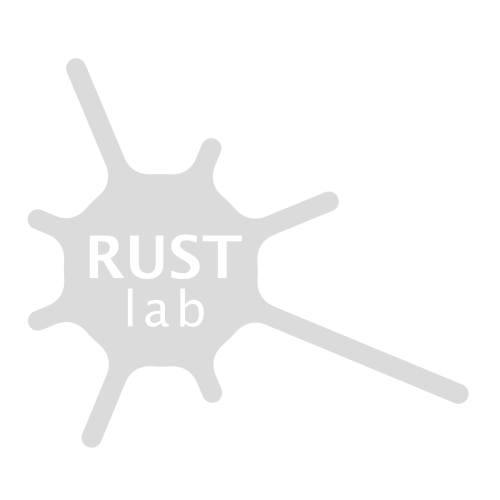Join us this Thursday, November 9th, from 14-16 hrs (German time) for the second RUSTLab lecture of this winter term. Stefan Laser will present his work on “Stand-in. A Political Economy of Energy Reserves”.
This presentation delves into the intricate web of the contemporary energy landscape, examining the global transition towards renewable energy from the ethnographic perspectives offered by Science and Technology Studies and the Energy Humanities. The paradigm shift towards renewable energy sources marks a monumental infrastructural reconfiguration, but one marred by multifaceted barriers and resistance.
Global capital engages in an extensive exploration of diverse regions and potential options. Within this exploration, the notion of “stand-ins” and the concept of energy reserves help to address global dynamics and how powerful actors try to remain in power. Systematic neglect and multiplying options are part of a calculated effort to mitigate changing global production networks. This presentation aims to elucidate the centrality and relevance of stand-ins and reserves within the framework of global energy transitions. It scrutinizes how these stand-ins have become indispensable instruments in the arsenal of global capital, serving as testing grounds and contingency resources to mitigate uncertainties inherent in the renewable energy transformation.
I will draw on multi-sited ethnographic research to explore what it means to stay in limbo or move forward to becoming more or less relevant in global economies. This research mangles experiences from Central European and South-East Asian studies; from investing in expensive but perhaps unsuccessful high-tech factories, the chances of becoming an aspiring road bike athlete, and building communication and mobility networks for the masses that might replace dominant individualized setups.
Dr Stefan Laser is a postdoctoral researcher with the Collaborative Research Centre Virtual Lifeworlds, studying the global production network of data centres. He has published widely on Science & Technology Studies, waste, digital platforms, and all things infrastructure. After his PhD on the global recycling of e-waste, he explores energy studies and proposes a political economy of energy reserves as part of this Habilitation.
Location: on campus (Universitätsstr. 104, 2nd floor, 44799 Bochum) and Zoom
Zoom Link
PW: RUSTlab
You will find additional resources and information on this term’s guiding theme Best Futures here on our website.
